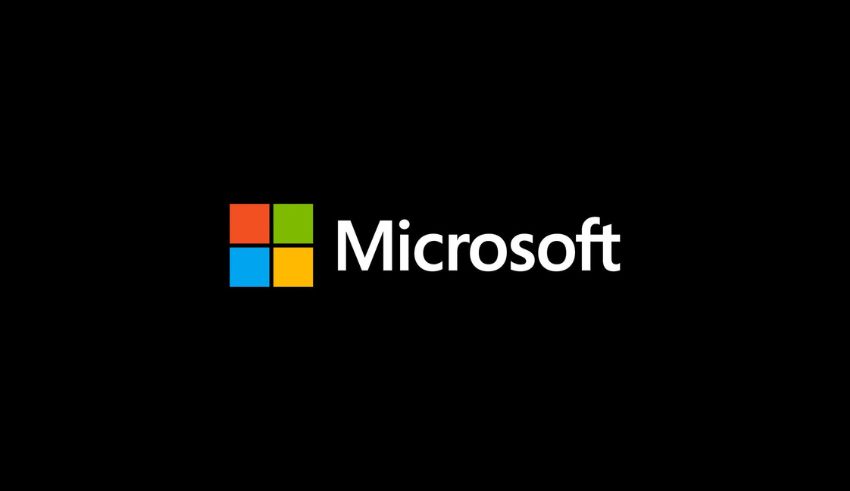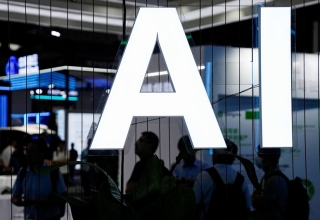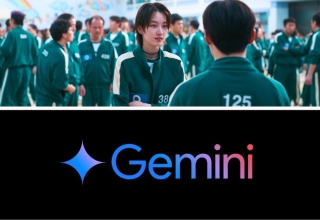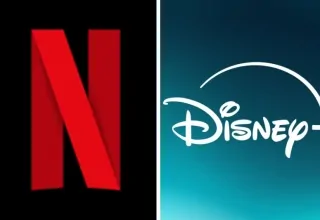
Leading company in innovation and technology, Microsoft, just unveiled ‘Recall,’ a new artificial intelligence (AI) system intended to revolutionize our interactions with digital memories. Recall attempts to gather and compile our online experiences into whole stories that users may access and revisit at any moment. Modern artificial intelligence technology is used by this creative system to provide a special method to go back and cherish previous events.
Recall’s Promise
Unmatched Personalization and Convenience
A whole new degree of personalization and ease is promised with recall. Imagine being able to graphically relive your child’s first steps, a special family get-together, or a breathtaking sunset from an amazing trip. Beyond conventional storage options, this technology functions as a sophisticated window into the past. Recall offers a very realistic trip into your memories by employing highly developed AI algorithms to replicate events with amazing clarity and emotional depth.
New User Experience
The user experience of Recall is made to be simple and easy to use. Simply put language queries like “Show me my birthday party from 2018” or “Find my photos from Paris” can be used by users to look for particular memories. The technique produces an almost palpable whole memory by retrieving contextual information in addition to visual and auditory data. Our interactions and views of our digital memories are about to be completely changed by this improved user experience, which will make them more relevant and accessible.
Privacy Aspects
Aspects of Privacy at Risk
Recall raises serious privacy issues even with its advantages. The capacity of the system to access and evaluate vast volumes of personal data worries critics. Should such comprehensive data be gathered without adequate protection, privacy violations may result. Principal concerns include those of user permission, data security, and misuse risk. How will Microsoft guarantee that neither workers’ misuse nor illegal access by hackers would compromise these private memories?
Security Measures by Microsoft
Microsoft has pledged to put rigorous security measures in place in order to allay these fears. For the protection of user data, this includes multi-factor authentication, end-to-end encryption, and stringent access controls. Microsoft will probably add user consent procedures and open privacy policies as well, thereby letting users decide what data is kept and how it is utilized. Still, there is a serious problem with the possibility of privacy infractions that needs to be constantly addressed and improved.
Concerns with Ethics
The Thin Border Between Memory and Manipulation
Complex and important are the ethical ramifications of Recall. Although the method offers a distinctive means of remembering, there is a fine line between useful memory and manipulative nostalgia. There have been worries expressed regarding the potential of Recall’s algorithms gently affecting users’ feelings or choices. Could the system give some memories priority in order to influence how people see or act?
Right to Forget
A further important moral dilemma is the right to forget. It could get more and more difficult to move on from previous experiences in a world where every second is recorded and examined. Unintentionally trapping users in their past, recall could make it more difficult to live in the present or make plans for the future. Microsoft has to take care of these moral issues by letting users to anonymize or delete memories and making sure the technology is used sensibly.
Forward Looking
The Future Taken Boldly
Microsoft’s Recall is an audacious step into the realm of AI and personal data. Through better memories of our most prized experiences and a closer link to our own histories, it has the ability to improve our lives. As this technology advances, it may also find use in therapeutic contexts to support those with memory loss or those wishing to protect family legacy.
Setting Rights and Innovation in Balance
But the release of Recall also presents a number of ethical and privacy concerns that need to be thoroughly considered. At this nexus in technology, it is imperative to strike a balance between innovation and individual rights protection. This calls for continuous communication amongst the public, legislators, ethicists, and technology developers to guarantee that developments like as Recall improve human life without jeopardizing autonomy, privacy, or moral principles.
Endnotes
Recall by Microsoft has the power to completely change the way we interact with digital memories—how we access, store, and interact with our history. The promise made by the system of rich, comprehensive, and emotionally charged memories may greatly improve our lives. This promise, though, is not without significant obstacles that need to be carefully negotiated. It will be essential going ahead to provide strong privacy protections, take ethical issues seriously, and keep user control and consent at the forefront. Recall may turn into an invaluable tool for honoring and protecting our most treasured memories with careful application and usage.
























